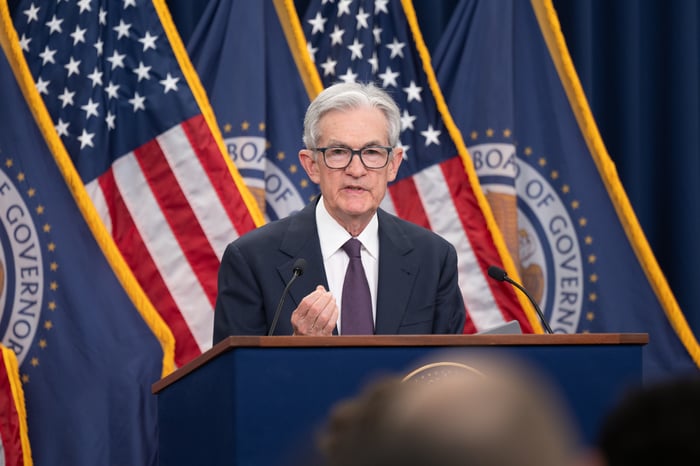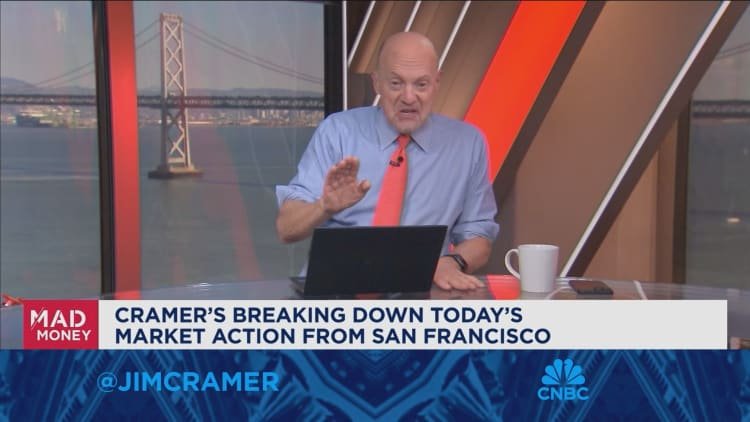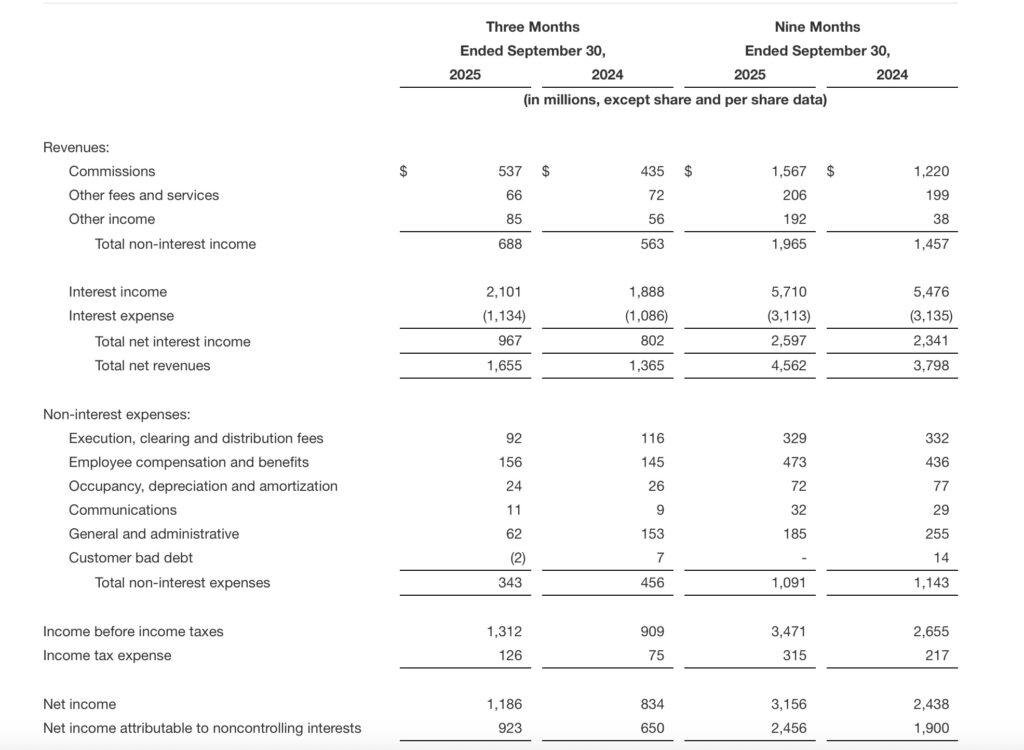Federal Reserve Chairman Jerome Powell recently commented on the stock market’s elevated valuation.
The U.S. stock market has been abnormally volatile this year. The S&P 500 (^GSPC 1.56%) crashed when President Donald Trump announced sweeping tariffs in April, falling 10.5% to record its fifth biggest two-day drop in history. The index ultimately declined 19% from its record high, narrowly avoiding bear market territory.
However, the S&P 500 rebounded quickly when the administration postponed the harshest tariffs, and the index has since recorded dozens of new highs as corporate earnings and the overall economy have been much stronger than initially feared. The S&P 500 has advanced 33% from its April low.
However, Federal Reserve Chairman Jerome Powell just gave investors a warning.

Chairman Jerome Powell answers reporters’ questions at an FOMC press conference. Image source: Official Federal Reserve Photo.
Fed Chair Jerome Powell says tariffs could lead to higher inflation in the coming months
The Federal Open Market Committee (FOMC) cut the federal funds rate by a quarter point at the September meeting, such that the target range is now 4% to 4.25%. The federal funds rate is a benchmark that influences other interest rates across the economy, including those on credit cards, mortgages, and personal loans. The FOMC lowers the federal funds when the 12-member group is worried about the economy stalling.
Indeed, Fed Chair Jerome Powell attributed the recent change in monetary policy to a deceleration in economic growth driven by weakness in consumer spending. “GDP rose at a pace of around 1.5% in the first half of the year, down from 2.5% last year. That moderation in growth largely reflects a slowdown in consumer spending,” he told reporters after the September FOMC meeting.
Importantly, Powell noted tariffs imposed by the Trump administration have started to push consumer prices higher. However, companies have so far absorbed a large portion of the cost increases, which may explain why hiring slowed over the summer. The U.S. economy added an average of 27,000 jobs per month between May and August, the worst four-month stretch (excluding the pandemic) since 2010.
However, Powell expects inflationary pressure to “continue to build over the course of the rest of the year and into next year” as companies pass along a greater portion of the tariff burden to consumers. Most economists share that opinion. Among 62 economists surveyed by The Wall Street Journal, the median forecast says Consumer Price Index (CPI) inflation will measure 3.1% in June 2026, up from 2.9% in August 2025.
Inflation under any circumstance can be bad news for the stock market because it acts as a headwind to consumer spending and occasionally forces the FOMC to raise interest rates. But the tariff-induced inflation that currently threatens the economy is particularly bad news because the stock market’s valuation is already elevated.
Fed Chair Jerome Powell says stocks are “fairly highly valued” by many measures
In late September, Fed Chair Jerome Powell gave a speech in Rhode Island at the Greater Providence Chamber of Commerce. He reminded attendees the Fed does not target specific prices for stocks or other financial assets, nor does the central bank purport to know what the correct prices would be at any given point in time.
Nevertheless, Powell still warned investors that “equity prices are fairly highly valued” by many measures. He did not elaborate on specific multiples, but the S&P 500 currently trades at 22.8 times forward earnings, a material premium to the 10-year average of 18.6 times forward earnings, according to FactSet Research.
Importantly, forward price-to-earnings (P/E) ratios are typically a poor predictor of near-term returns because investors can remain irrationally optimistic or pessimistic for long periods. But they are frequently good predictors of long-term returns. The S&P 500’s forward P/E ratio has exceeded 22 during just two periods in history, and the index eventually crashed both times.
- The dot-com bubble: The forward P/E ratio drifted above 22 in 1999 and generally stayed above that level for the next three years. The S&P 500 ultimately declined 49% after peaking in March 2000.
- The COVID-19 pandemic: The forward P/E ratio surged above 22 in 2020 as investors underestimated how deeply supply chain disruptions would impact the economy. The S&P 500 ultimately declined 25% after peaking in January 2022.
Here’s the bottom line: The Federal Reserve does not take an official stance on whether financial assets are fairly priced, but Powell still warned investors that stocks trade at elevated valuations. Indeed, with a forward P/E ratio above 22, history says the S&P 500 will eventually drop sharply. So, now is not the time for investors to take big risks.
Trevor Jennewine has no position in any of the stocks mentioned. The Motley Fool has positions in and recommends FactSet Research Systems. The Motley Fool has a disclosure policy.





